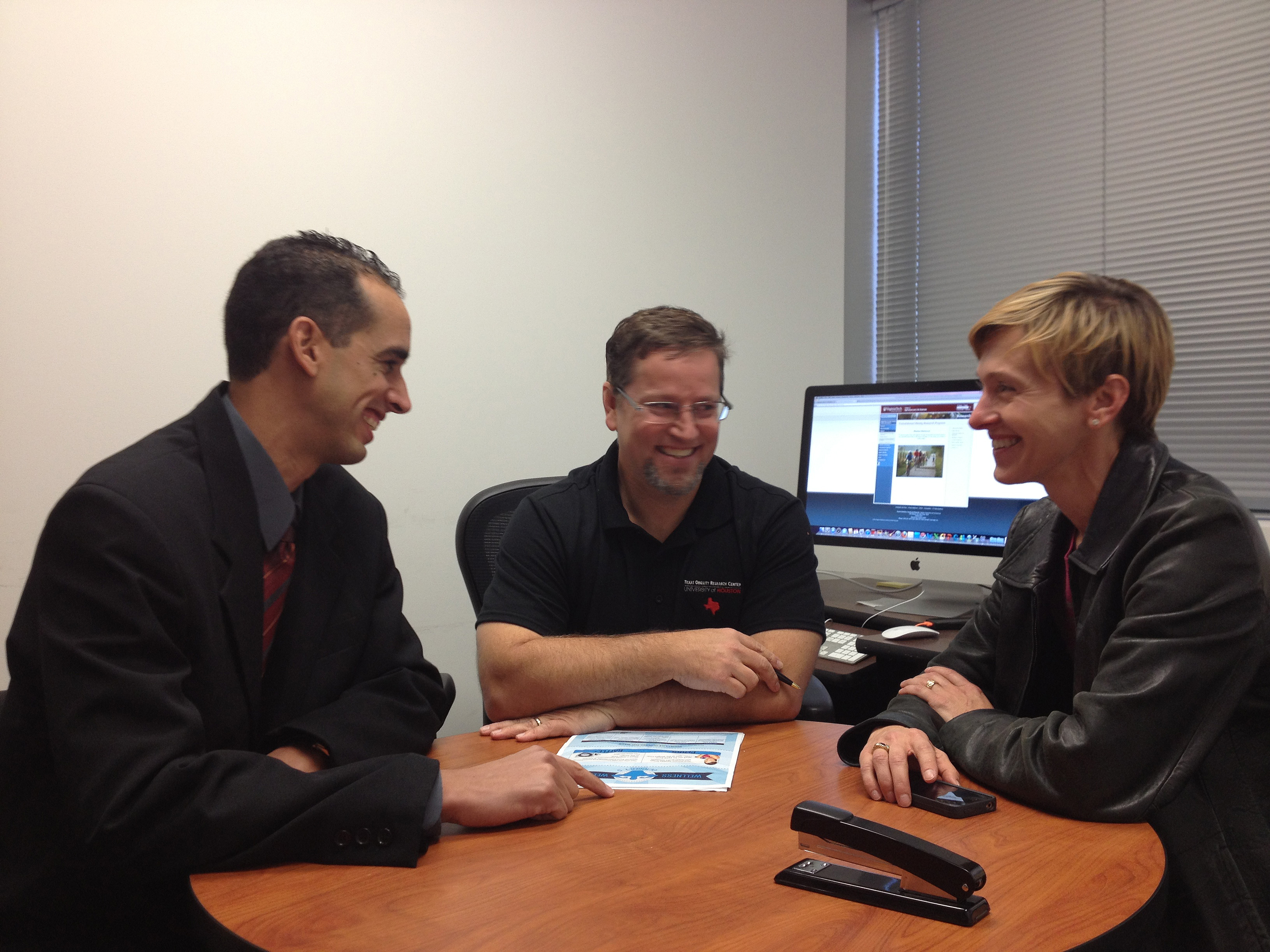Phone calls to help adults delay the onset of diabetes

A pilot medical program at Virginia Tech will use an automated calling system as part of larger program to help adults who are at risk for developing diabetes. The calls will be designed to encourage patients to take action that could prevent or delay the onset of the disease.
“Our ultimate goal is to help patients live longer and to keep diabetes at bay by changing lifestyle behaviors and improving health outcomes for rural residents in southwest Virginia who cannot get to a doctor or a clinic,” said Fabio Almeida, assistant professor of human nutrition, foods, and exercise in the College of Agriculture and Life Sciences. He was recently awarded a five-year, $2.9 million grant from the National Institute of Diabetes and Digestive and Kidney Diseases of the National Institutes of Health to help combat the chronic disease under award number R18DK091811.
The Centers for Disease Control and Prevention estimates that 57 million prediabetic adults in the U.S. may develop full-blown diabetes, a disease which raises the risk of heart attack, stroke, high blood pressure, kidney failure, blindness, and amputation. It costs the U.S. more than $174 billion a year in lost wages and medical care.
Almeida will be working with Oregon-based InterVision Media to develop the automated call program that reaches out to patients of Roanoke, Va.-based Carilion Clinic.
Patients who have been identified to be at risk will take a prediabetes education class or receive a DVD, both of which will help participants develop customized plans that include an exercise and diet regimen.
“To date, quite a bit of research has addressed the types of lifestyle changes needed to reduce diabetes risk, but many clinicians have not considered how these interventions could be translated into programs offered in medical clinics,” said Brenda Davy, a member of Almeida’s team and an associate professor in the Department of Human Nutrition, Foods, and Exercise.
The interaction with patients does not stop when the class ends. They will receive 16 follow-up, automated phone calls throughout a six-month period, asking them if they complied with their action plans. Patients respond by using touch-tone commands and any response that raises red flags will be followed up by a medical professional. Each patient’s data will be stored so the system can track progress and the information stays within the research team.
“By engaging people in treatment prior to the development of full-blown diabetes, we hope we can improve their quality of life and save health care dollars,” said Rick Seidel, director of research for the Department of Psychiatry and Behavioral Medicine at Carilion Clinic. “Carilion also gets the opportunity to collaborate with the university to advance the quality and science of health care.”
The unique program will also show whether patients prefer receiving their initial diabetes prevention support by attending a class or receiving a DVD. And researchers will know which method works best for patients, said Paul Estabrooks, a professor in the Department of Human Nutrition, Foods, and Exercise and senior director of research at Carilion. Estabrooks, Almeida, and Davy are all affiliated with the Fralin Life Science Institute.
If the program is successful, it can be expanded to a larger population in Virginia and beyond for a much lower cost than typical diabetes prevention programs, said Estabrooks.
“Most outcomes from chronic conditions can be improved if you help patients to help themselves,” Almeida said. “Our automated call phone system can help mitigate a disease that is quickly reaching epidemic proportions clinically and financially.”





